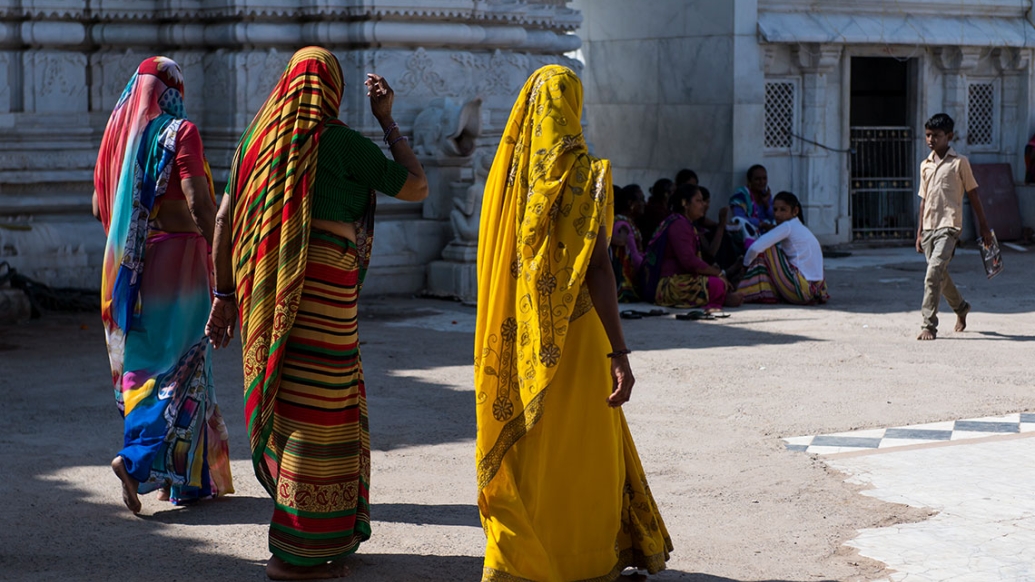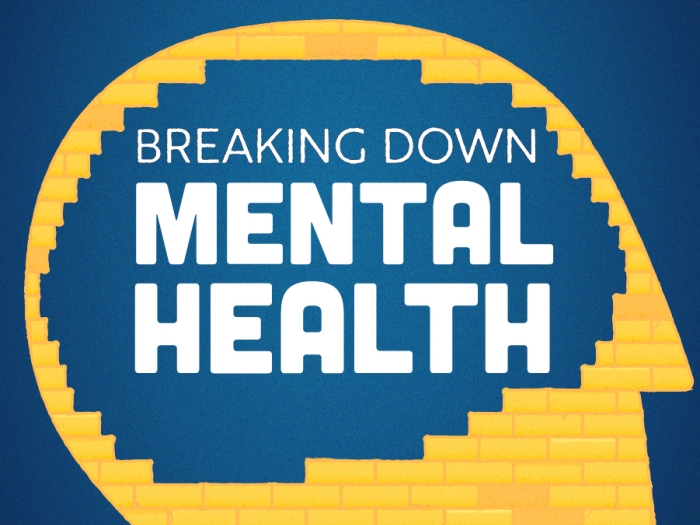Recent medical school graduate talks about his visit to India to study hijra, who are often revered but also persecuted
Author |

Vik Jayadeva (M.D. 2017) remembers visiting family members in India when he was a child and being fascinated by the women who wore flashy jewelry, who danced and sang in the streets. "What struck me was that, despite their lively demeanor, they were often ignored by most of the pedestrians, who would walk by without so much as a second glance," recalls Jayadeva. "As kids, we weren't allowed to talk to them."
The women were assigned male at birth and are known as hijra, which was officially recognized in India as a third gender in 2014. (Many prefer to be called mangalamukhi, which roughly means "pretty face.") Jayadeva later learned that the women were, in one way, powerful and esteemed and held religious and cultural authority within Indian society; Hindu scripture endows hijra with special powers to convey blessings on people. Despite this, persecution of the hijra continues, and they have had few opportunities open to them — resulting in many becoming sex workers.
As a medical student, Jayadeva found limited literature about the hijra, but he was intrigued by studies that suggested the rates of mental health disorders among specific hijra groups were as high as 50 to 75 percent, with few seeking any kind of mental health service. He embarked on a global health project as a medical student in which he studied the mental health of hijra in Karnataka, India, a state in the southern part of the country. His research mentor connected him with a lawyer in the area who provides legal services to the hijra at a shelter, where Jayadeva conducted his interviews. The connection to the lawyer built immediate credibility for Jayadeva among the hijra, who were wary of strangers because of past traumas and harassment.
"My hope is that ... one day I can design an intervention that reinforces the resilience and amazing courage of these women." —Vik Jayadeva (M.D. 2017)
The interviews with 18 hijra led to some surprising results for Jayadeva. "One of the preliminary themes that came out of these interviews was that many of these women did not feel that their gender was the most important contributor to their mood," he says. "For example, when I asked them if they could change one thing about their life, many of them said that they would change their relationship with their family or the way they are viewed by society — rather than being born female, which I explicitly asked."
Jayadeva hopes to continue his research as a resident at Kaiser Permanente Los Angeles Medical Center, and he hopes to apply it as a family medicine physician. "It's something I love about family medicine," he says. "It allows you to push the boundaries of social justice.
"I'd like to be able to provide services to all patients. My hope is that, as a resident, I can use my elective time to continue building on this project, so that one day I can design an intervention that reinforces the resilience and amazing courage of these women."





